Sports Nutrition for Women: Tailoring Your Diet for Optimal Results
1 April 2025
When it comes to sports nutrition, a one-size-fits-all approach just doesn’t cut it—especially for women. Your body has unique dietary needs, hormone fluctuations, and energy demands that must be met to perform at your best. Whether you're an athlete, a weekend warrior, or just hitting the gym for fun, fueling your body the right way can make all the difference. Let's break down exactly what you need and how to tailor your diet for peak performance.
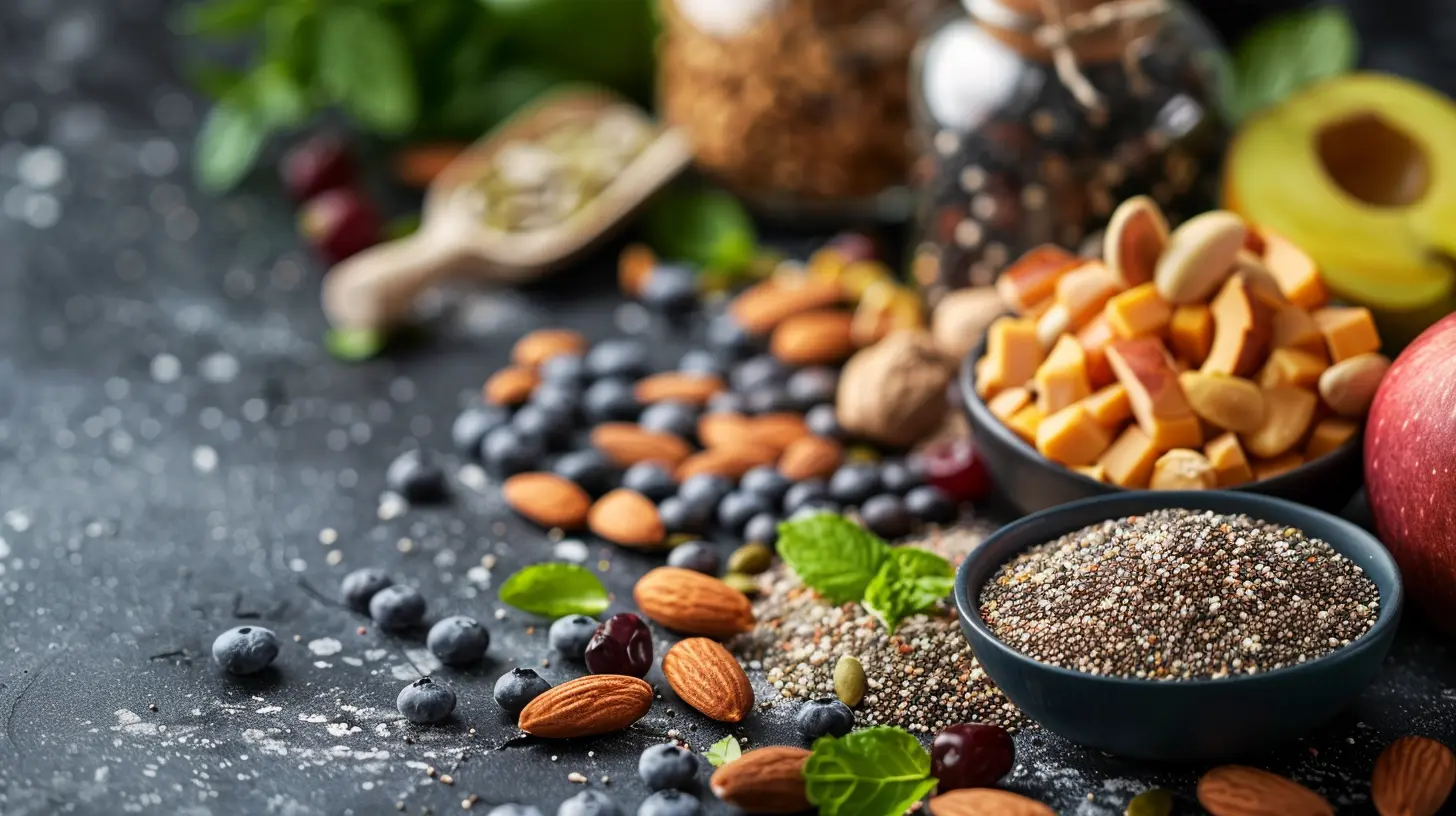
Why Women Need a Different Approach to Sports Nutrition
Women's bodies function differently from men's due to differences in metabolism, muscle mass, and hormonal cycles. Factors like menstruation, pregnancy, and menopause impact energy levels, hydration, and nutrient absorption.For example, estrogen plays a key role in fat metabolism, making it easier for women to rely on fat stores for energy compared to men, who primarily burn carbohydrates. This means your diet should support your natural metabolism while also ensuring you meet strength and endurance needs.
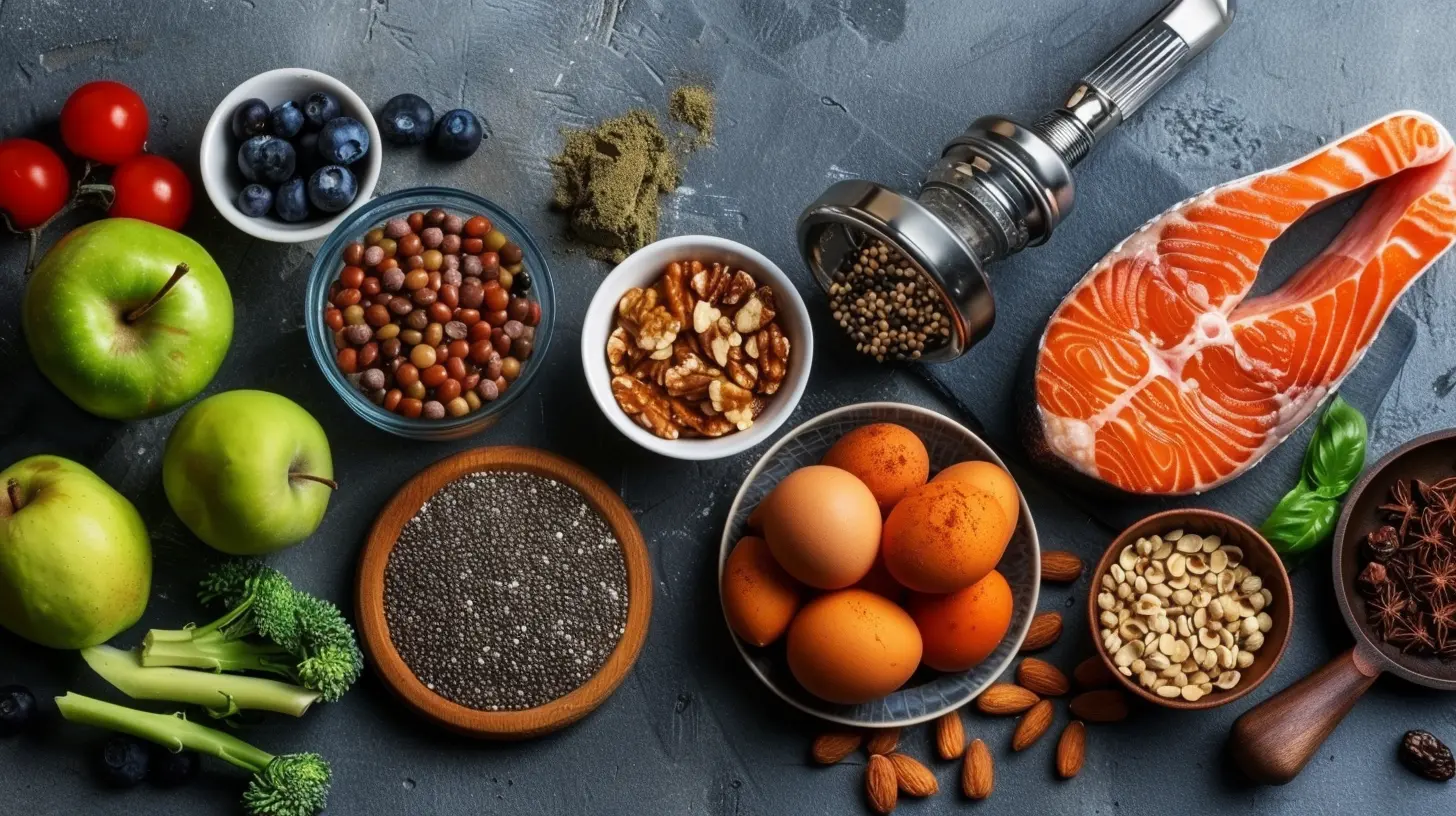
Macronutrients: The Building Blocks of Athletic Success
1. Protein: The Muscle Maker
Protein is essential for muscle repair and recovery. Women often don't consume enough protein, which can lead to longer recovery times and increased risk of injury. The key is to get enough, but not overdo it.- How much do you need? Aim for 1.2–2.0 grams of protein per kilogram of body weight, depending on your activity level.
- Best sources? Lean meats, poultry, fish, eggs, dairy, plant-based options like lentils, chickpeas, and tofu.
- When to eat it? Spread your protein intake throughout the day to maximize absorption and muscle repair.
2. Carbs: Your Body’s Primary Fuel Source
Carbs are your best friend when it comes to energy. They provide quick, usable fuel for your workouts and aid in recovery.- How much do you need? Around 45–65% of your total daily calories should come from carbohydrates.
- Best sources? Whole grains, fruits, vegetables, legumes, and starchy vegetables like sweet potatoes.
- When to eat them? Focus on complex carbs throughout the day and simple carbs before and after workouts for fast energy.
3. Fats: The Powerhouse Macronutrient
Healthy fats are vital for hormone balance, brain function, and endurance. Women rely more on fat for energy than men, making healthy fat intake essential.- How much do you need? About 20–35% of your daily calories should come from fats.
- Best sources? Avocados, nuts, seeds, olive oil, fatty fish, and coconut oil.
- When to eat them? Incorporate them into meals, but avoid heavy fat intake right before workouts to prevent sluggishness.
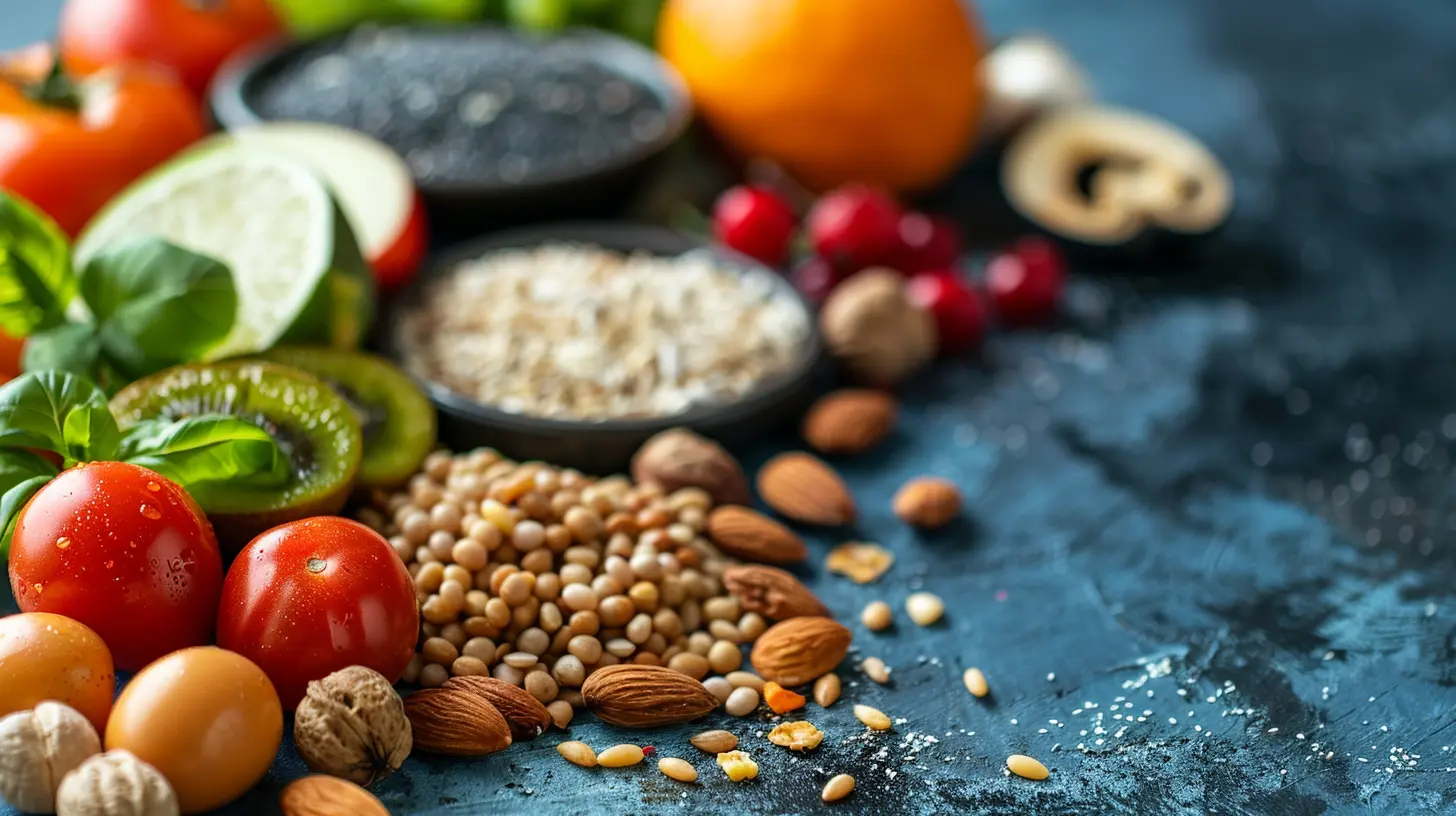
The Role of Micronutrients in Women's Sports Nutrition
1. Iron: Essential for Oxygen Transport
Women lose iron through menstruation, making iron deficiency common, especially among athletes. Low iron can lead to fatigue and decreased performance.- Best sources? Red meat, poultry, fish, spinach, lentils, and fortified cereals.
- Tip: Pair iron-rich foods with vitamin C (like oranges or bell peppers) for better absorption.
2. Calcium and Vitamin D: Bone Health Superstars
Women are at a higher risk of osteoporosis, making calcium and vitamin D crucial for bone strength and muscle function.- Best sources? Dairy products, fortified plant-based milks, leafy greens, and fish like salmon.
- Tip: Get sunlight exposure for natural vitamin D synthesis!
3. Magnesium: The Recovery Mineral
Magnesium helps with muscle relaxation, prevents cramps, and supports energy production—key for active women.- Best sources? Nuts, seeds, whole grains, dark chocolate, and leafy greens.
- Tip: Try magnesium-rich foods before bed to aid muscle recovery and sleep quality.
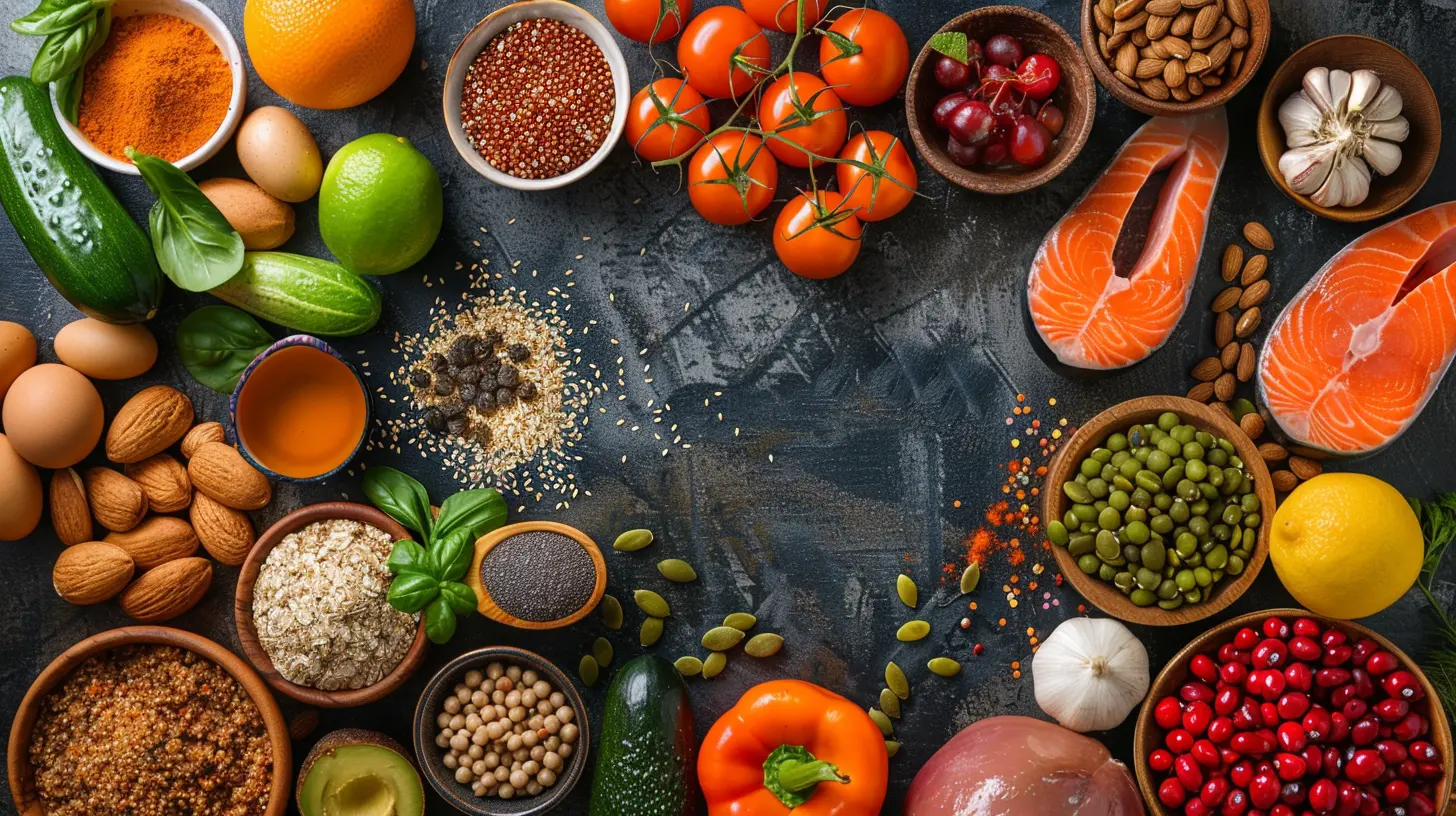
Hydration: More Than Just Water
Dehydration can cause fatigue, nausea, and decreased performance. Women need to be extra mindful of hydration, especially due to hormonal fluctuations affecting fluid balance.- How much water? Aim for at least 2.7 liters (91 ounces) daily, more if you're sweating during intense workouts.
- Electrolytes matter! Sodium, potassium, and magnesium help maintain hydration. Coconut water, electrolyte drinks, and salty snacks can be beneficial post-workout.
Pre- and Post-Workout Nutrition
Pre-Workout: Fuel Up Right
The right pre-workout meal can boost endurance and prevent energy crashes.- What to eat? A balance of carbs and protein, such as oatmeal with nut butter, a banana with Greek yogurt, or a smoothie with protein powder.
- When to eat? 30–90 minutes before exercise for optimal digestion.
Post-Workout: Recovery Matters
After a tough workout, your muscles need nutrients to repair and rebuild.- What to eat? A combination of protein and carbohydrates, like a protein shake with fruit, chicken with quinoa, or eggs with whole-grain toast.
- When to eat? Within 30–60 minutes for the best recovery benefits.
Supplements: Do You Really Need Them?
While real food should always come first, some supplements can help fill in the gaps.- Protein Powder: A convenient way to meet protein needs, especially for active women.
- BCAAs (Branched-Chain Amino Acids): May aid in muscle recovery and reduce soreness.
- Fish Oil: Supports joint health and reduces inflammation.
- Multivitamins: Can help cover micronutrient deficiencies, particularly if your diet lacks variety.
Adjusting Nutrition for Your Menstrual Cycle
Your menstrual cycle impacts energy levels and nutrient needs. Here’s how to adjust your diet accordingly:- Follicular Phase (Days 1–14): Focus on protein and iron-rich foods to replenish lost stores.
- Ovulation (Around Day 14): Energy levels peak—use this time for high-intensity workouts and fuel with complex carbs.
- Luteal Phase (Days 15–28): Progesterone rises, increasing hunger and cravings. Eat more healthy fats and fiber to stay satisfied.
The Bottom Line: Listen to Your Body
Sports nutrition for women isn’t about following a rigid meal plan, but rather tuning into your body's signals and giving it what it needs. Whether it’s adjusting your carb intake based on your training day, increasing iron-rich foods during your period, or sipping on electrolytes after a sweaty workout—small changes can lead to big improvements in performance and recovery.At the end of the day, fuel your body, train smart, and remember: the better you eat, the better you'll perform!
all images in this post were generated using AI tools
Category:
Sports NutritionAuthor:

Madeline Howard
Discussion
rate this article
9 comments
Ulysses McGivern
Oh sure, because the secret to winning at sports is definitely just about the kale and quinoa. Forget about determination and practice—let’s just whip up the perfect avocado toast and call it a day! 🍽️🏆
April 12, 2025 at 3:13 PM

Madeline Howard
While determination and practice are crucial, nutrition plays a vital role in enhancing performance and recovery. Balanced diets, including foods like kale and quinoa, support athletic goals. 🥗💪
Anika McWhorter
This article effectively highlights the importance of personalized nutrition for women in sports, but could further explore the role of hormonal fluctuations in dietary needs.
April 10, 2025 at 3:06 PM

Madeline Howard
Thank you for your insightful comment! I appreciate your suggestion and will consider incorporating a deeper discussion on hormonal fluctuations in future pieces.
Elidi McClendon
Empower your performance! Fuel your body with the right nutrition and thrive!
April 10, 2025 at 4:08 AM

Madeline Howard
Thank you for the encouragement! Nutrition is indeed key for optimal performance in sports.
Maxwell Vaughn
Carbs: the real MVP of workouts!
April 8, 2025 at 2:50 PM

Madeline Howard
Absolutely! Carbs provide essential energy for workouts, making them crucial for performance and recovery.
Nellie Robinson
Embracing individual nutritional needs empowers women in sports, fostering strength and resilience. Personalization in diet is not just beneficial; it's essential for peak performance.
April 6, 2025 at 4:21 AM

Madeline Howard
Absolutely! Personalizing nutrition is key to enhancing performance and supporting women's unique needs in sports. Empowerment through tailored diets truly makes a difference!
Xena Reynolds
Empower performance through nutrition.
April 5, 2025 at 2:47 PM

Madeline Howard
Absolutely! Nutrition is key to enhancing athletic performance, especially for women. Tailoring your diet can lead to optimal results in both training and recovery.
Allegra McQuade
Great article! It's inspiring to see a focus on women's unique nutritional needs in sports. Empowering women to tailor their diets can lead to amazing results. Thank you!
April 5, 2025 at 2:56 AM

Madeline Howard
Thank you! I'm glad you found it inspiring. Empowering women in sports nutrition is essential for achieving their best results!
Pearl Ford
Great insights! Tailoring nutrition can truly empower women athletes to achieve their best performance.
April 4, 2025 at 5:03 PM

Madeline Howard
Thank you! I'm glad you found the insights valuable. Tailoring nutrition is indeed key for women athletes to excel!
Ruby Cole
This article piques my interest! I'm curious about how specific nutrients impact women athletes differently than men. Are there particular foods or supplements that can enhance performance during different phases of the menstrual cycle? I’d love to learn more about how to optimize nutrition for various training goals!
April 3, 2025 at 2:48 AM

Madeline Howard
Thank you for your interest! Yes, specific nutrients can impact women athletes differently due to hormonal fluctuations during the menstrual cycle. Foods rich in iron, magnesium, and omega-3 fatty acids can be particularly beneficial. Tailoring your diet to include these nutrients and considering supplementation based on your cycle phase can enhance performance. I’ll explore this in more detail in future articles!
MORE POSTS

Overcoming Anxiety Through Mindfulness Practices

Gluten-Free Pizza, Pasta, and Bread: Homemade Tips and Tricks
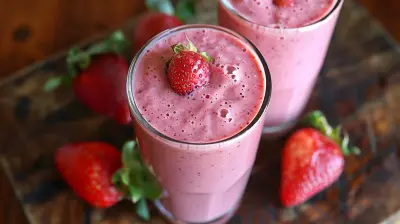
Smoothies for Busy Moms: Easy, On-the-Go Nutrition

Breaking Negative Thought Patterns Through Mindfulness

How to Get Fit at Home with Minimal Space

Sports Hydration: The Ultimate Guide to Staying Hydrated
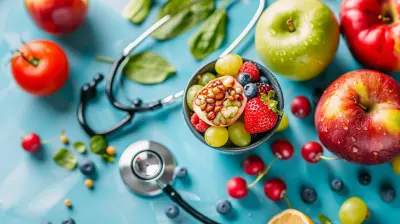
Can a Plant-Based Diet Help Manage Type 2 Diabetes?